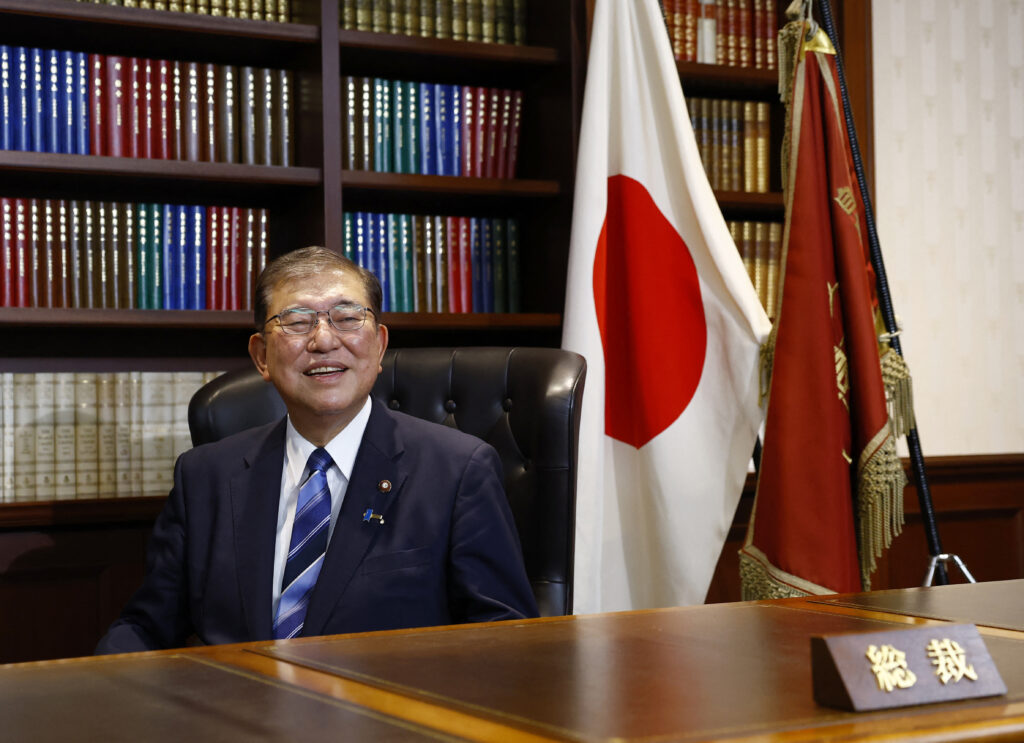
- ARAB NEWS
- 31 Jul 2025

TOKYO: ISHIBA Shigeru, newly elected president of Japan’s ruling Liberal Democratic Party who is all but certain to become prime minister, may face tensions with the United States over his proposal for reviewing the bilateral status of forces agreement.
While Ishiba plans to keep the Japan-U.S. alliance at the heart of his country’s foreign policies, some measures he proposed during the LDP leadership race may ruffle Washington’s feathers. He also needs to rebuild Japan’s ties with China, which have been at a standstill.
Japan and the United States have worked together to deal with China’s increasingly hegemonic activities, Russia’s invasion of Ukraine and North Korea’s nuclear and missile development.
Ishiba plans to strengthen the alliance, but he must brace for the possibility of former U.S. President Donald Trump, who had taken an “America First” isolationist approach to policy, returning to the White House after the U.S. presidential election in November.
In a press conference Friday, Ishiba expressed his willingness to carry out measures he proposed in the LDP election, such as reviewing the Japan-U.S. status of forces agreement and establishing an Asian version of NATO.
He reiterated his target of creating a Japanese Self-Defense Forces training base in the United States, calling this an effective plan and noting that revising the status of forces agreement would be necessary to enable it.
But discussions with Washington on a drastic review of the bilateral pact are likely to be rocky. The U.S. side has also expressed the view that it is too early to establish an Asian NATO.
China-Japan relations have been hampered by Beijing’s import ban on Japanese fishery goods implemented in response to the discharge of treated water into the sea from Tokyo Electric Power Company Holdings Inc.’s meltdown-stricken Fukushima No. 1 nuclear power plant. The two sides have reached a compromise on easing the ban, but it is unclear when China will resume imports is unclear.
Another issue casting a cloud over the ties between the Asian neighbors is the recent fatal stabbing of a Japanese boy in Shenzhen, Guangdong Province, southern China. Tokyo has called for information such as the attacker’s motive, but Beijing has yet to provide adequate explanations.
Relations with South Korea have improved, as seen in the resumption of so-called shuttle diplomacy, or mutual visits by the two countries’ leaders. Ishiba is expected to meet with South Korean President Yoon Suk-yeol soon to establish rapport.
Ishiba will also face the difficult task of resolving the issue of North Korean abductions of Japanese nationals, especially as the families of abduction victims are aging.
JIJI Press